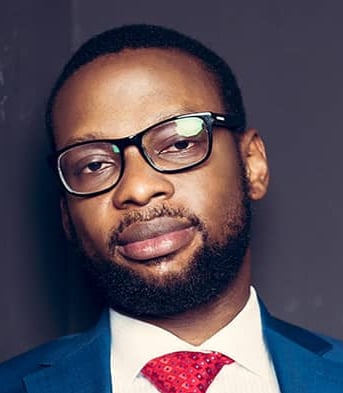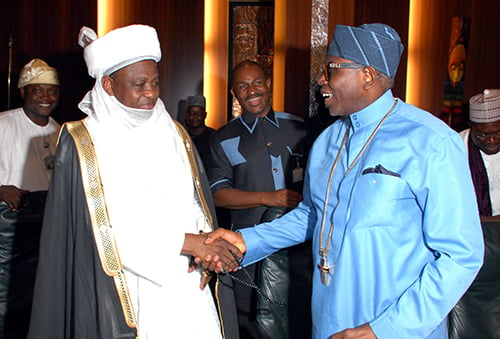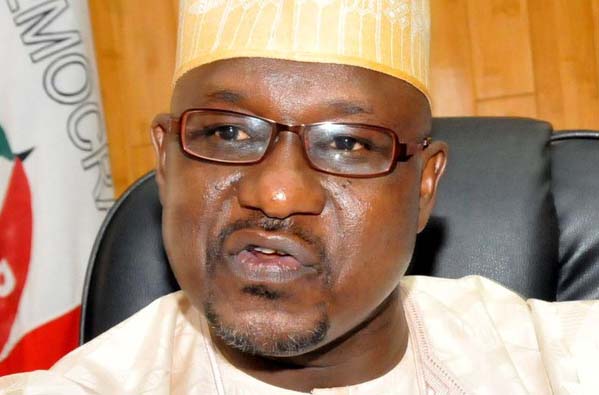
For a number of reasons, yesterday’s expanded meeting of the National Security Council was about the most anticipated federal-level meeting this year.
Exactly a week ago, governors affiliated with the All Progressives Congress (APC) were accused of snubbing President Goodluck Jonathan’s invitation to the meeting, reigniting concerns over a political space more embroiled in inter-party mudslinging than in national peace and unity.
It was an accusation APC denied, instead claiming that the Peoples Democratic Party (PDP) clandestinely misled them into believing that the meeting had been called off, only to inundate the media with statements questioning the opposition party’s patriotism. As with almost every other matter of national interest, both parties literally abandoned the more important subject matter to reach for each other’s jugular.
However, the rescheduled meeting that finally held on Thursday offered scant consolation that the country’s leaders may someday mature beyond their frequent engagement in inter-party and inter-religious bickering, to concentrate fully on nation-building.
Advertisement
That hope is still alive, because the sight of Sultan of Sokoto, Alhaji Sa’ad Abubakar, and President of the Christian Association of Nigeria (CAN), Ayo Oritsejafor, at the same event is an uncommon occurrence. As a matter of fact, Oritsejafor had warned — not once, not twice — that if Boko Haram-masterminded attacks on churches continued, Christians would someday be forced to respond with violence of their own. But both Oritsejafor and Abubakar sat for more than seven hours at that meeting. Could it be that they are both ready to show example to their followers by jettisoning their religious inclinations in favour of a unanimous religious response to the country’s terrorism challenges.
Some APC-controlled states might not have been represented, but their seats were not vacant. Having their deputies seat with the president is not as insignificant as one might hurriedly conclude. If the governors had personal misgivings against the president, their absence at the meeting is excusable — so long the state was represented by the highest-possible official. The presence of the deputies is a measure of proof that government machinery can indeed run, regardless of the unfavourable disposition of the chief executive officer.
Has the time come when Nigeria leaders will be putting aside their political, religious and ethnic leanings to collective confront some of the country’s most unsettling challenges? Maybe!
Advertisement


